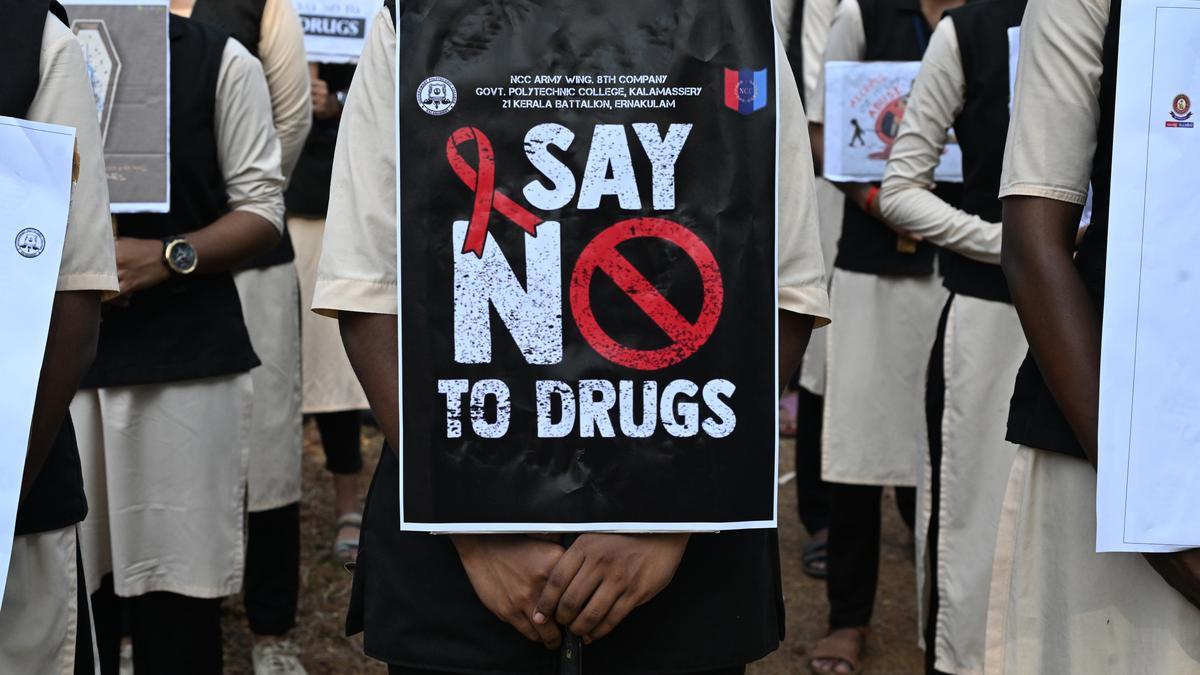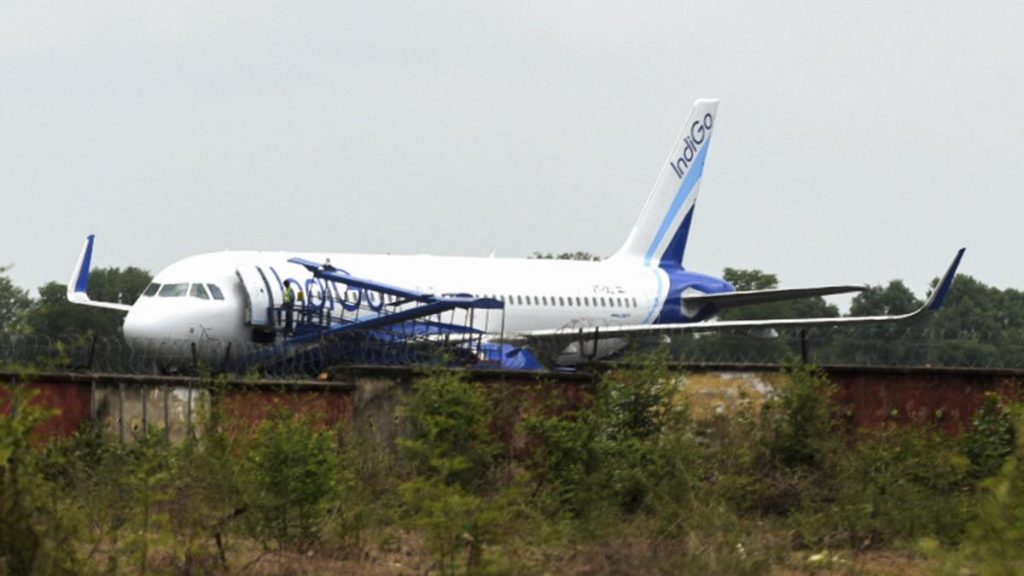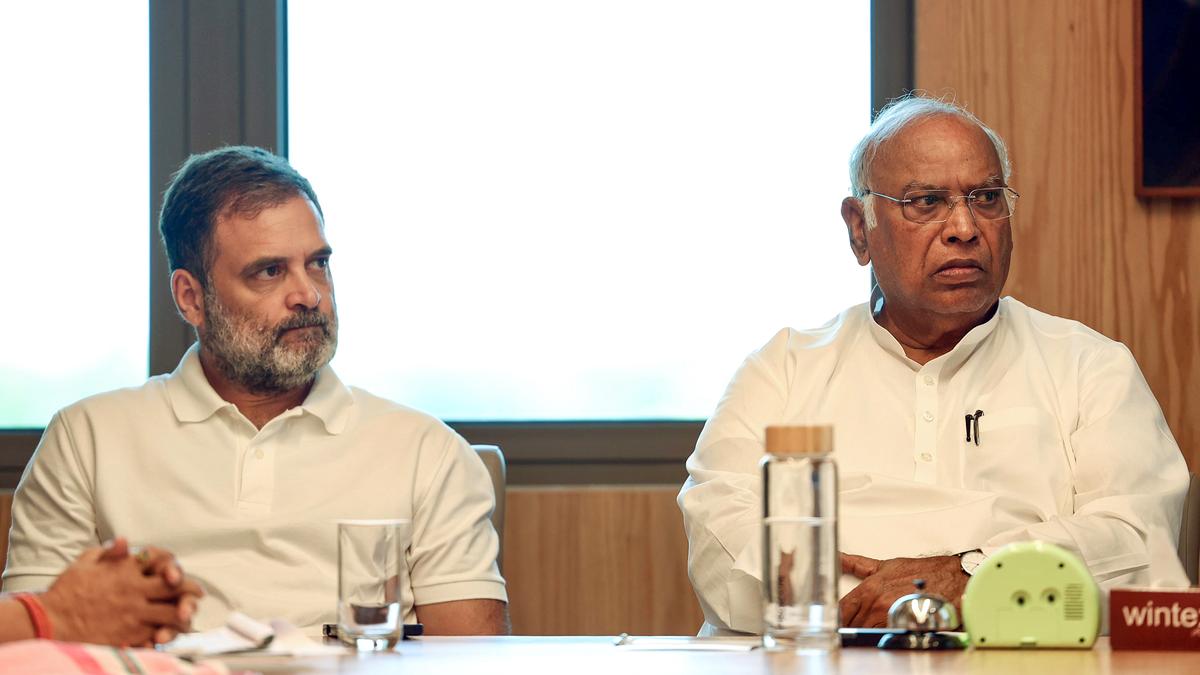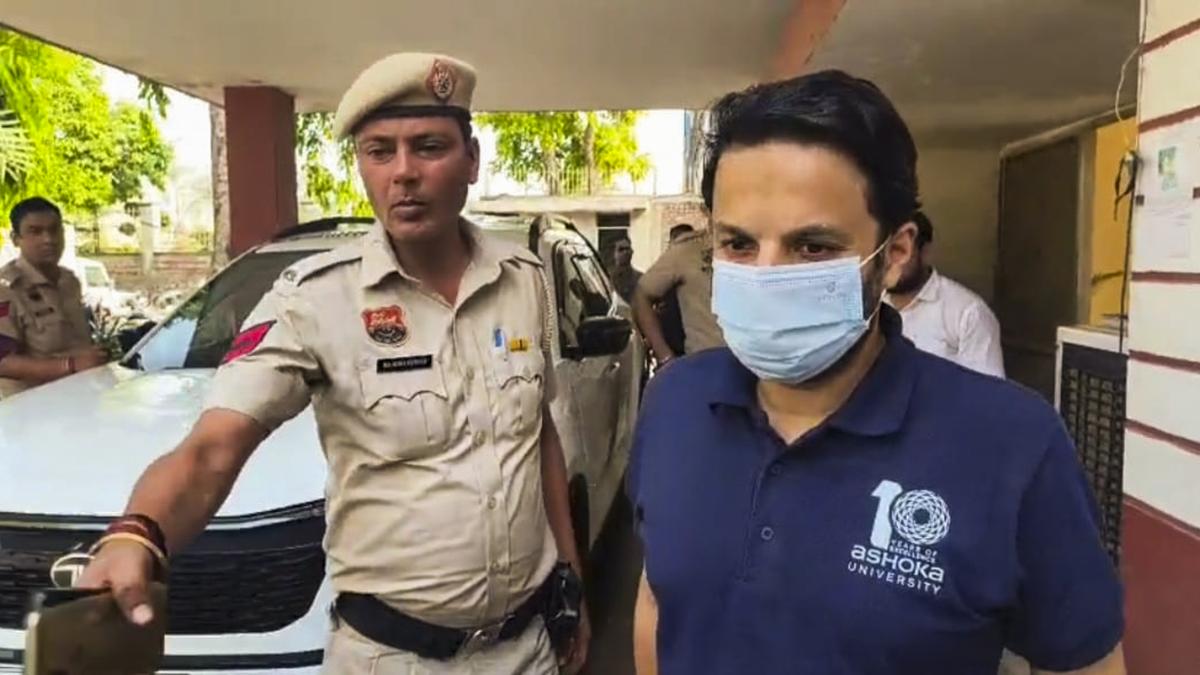Now Reading: Kerala Women and Child Development Enlists School Counsellors to Combat Substance Abuse
-
01
Kerala Women and Child Development Enlists School Counsellors to Combat Substance Abuse
Kerala Women and Child Development Enlists School Counsellors to Combat Substance Abuse

Speedy summary
- Kerala’s Women and Child Development (WCD) department has intensified its efforts against substance abuse among schoolchildren by equipping 1,012 psychosocial counsellors to identify early signs of drug addiction.
- The initiative is implemented alongside the District Mental Health Program (DMHP), involving full-day training sessions for counsellors based on DMHP-developed modules.
- Psychiatrists train counsellors using standardized tools for assessment, helping them refer students to services like Vimukthi deaddiction clinics, mental health support programs, parenting clinics, or district resource centers.
- Training includes rating scales to detect disorders like attention deficit hyperactivity disorder (ADHD) or screen addiction and questionnaires that assess alcohol, smoking, or drug habits among students.
- Both teachers and parents are encouraged to utilize the screening tests for a coordinated approach. Follow-up mechanisms ensure proper medication use by affected students or monitor signs of relapse.
- Counsellors emphasize the importance of healthy family dynamics in preventing substance abuse.
Indian Opinion Analysis
Kerala’s WCD department-led initiative underscores a proactive strategy to combat substance abuse within schools through early detection and intervention. By empowering psychosocial counsellors with targeted training backed by evidence-based tools such as rating scales and screening tests, this campaign aims at systematically addressing a growing concern in vulnerable age groups. The involvement of parents and teachers suggests an inclusive approach critical for tackling complex issues like addiction. Should this programme be effective in Kerala’s schools-where nearly two lakh students are reachable-the model could inspire similar anti-drug interventions nationwide.
Read more: The Hindu

























